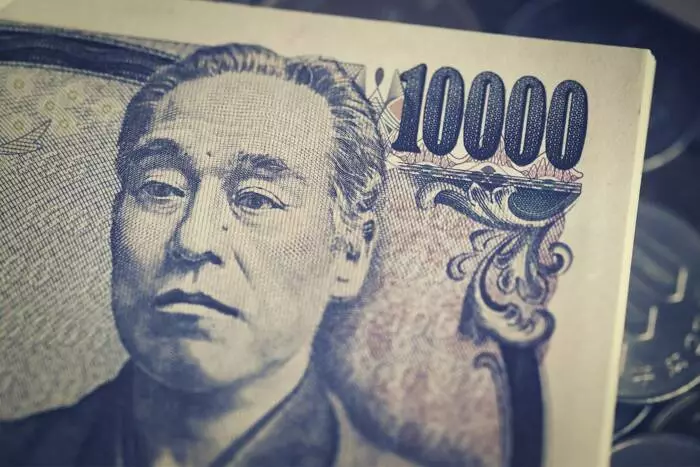The upcoming economic indicators, including the Jibun Bank Services PMI and Tokyo’s core inflation rate, are crucial factors that could influence the Bank of Japan’s policy decisions on July 31. A higher-than-expected PMI in the services sector could potentially signal a recovery and justify a rate hike to strengthen the Japanese Yen. Similarly, an increase in Tokyo’s core inflation rate would align with national trends and further support expectations of a July BoJ rate hike. Investors need to closely monitor these indicators as they could impact market sentiments and investor bets on potential policy maneuvers by the BoJ.
BoJ’s Plans for Japanese Government Bond Purchases
Apart from a possible rate hike, the Bank of Japan has also announced its intentions to disclose plans to reduce Japanese Government Bond (JGB) purchases in July. This move could have significant implications on interest rate differentials between the US dollar and the Yen. A substantial reduction in JGB purchases could potentially impact the currency markets, leading to a USD/JPY drop below 150. Investors should be prepared for potential volatility in the forex market based on the BoJ’s decisions regarding JGB purchases.
Economists and experts hold mixed views regarding the potential July BoJ monetary policy decision. While some, like Unlimited Chief Investment Officer Bob Elliot, believe that there is little urgency to tighten monetary policy due to weak inflation, wage growth, and GDP figures, others, such as Nataxis Asia Pacific Chief Economist Alicia Garcia Herrero, suggest that the BoJ’s quantitative tightening could have a more significant impact on the Yen than intervention. Given the conflicting opinions, investors should carefully weigh the different perspectives and analyze the data before making any investment decisions based on the upcoming economic indicators.
In addition to the BoJ’s policy decisions, investors should also pay close attention to the US housing sector, where economists predict a 3% increase in existing home sales in June. Positive numbers in the housing market could lead to a surge in US dollar demand and potentially impact housing prices and rental costs. Higher rents could, in turn, fuel inflation and influence expectations regarding future Fed rate cuts in 2024. However, the tight inventories in the housing market could introduce volatility in monthly existing home sales figures, highlighting the need for cautious analysis of trends in the sector.
The upcoming economic indicators, the BoJ’s policy decisions, and the developments in the US housing market are critical factors that investors need to monitor closely. The implications of these indicators on market sentiments, currency exchange rates, and inflation trends could have far-reaching consequences on investment strategies and portfolio decisions. It is essential for investors to conduct thorough research, consider expert opinions, and assess the potential risks and opportunities associated with these economic developments to make informed investment choices.

